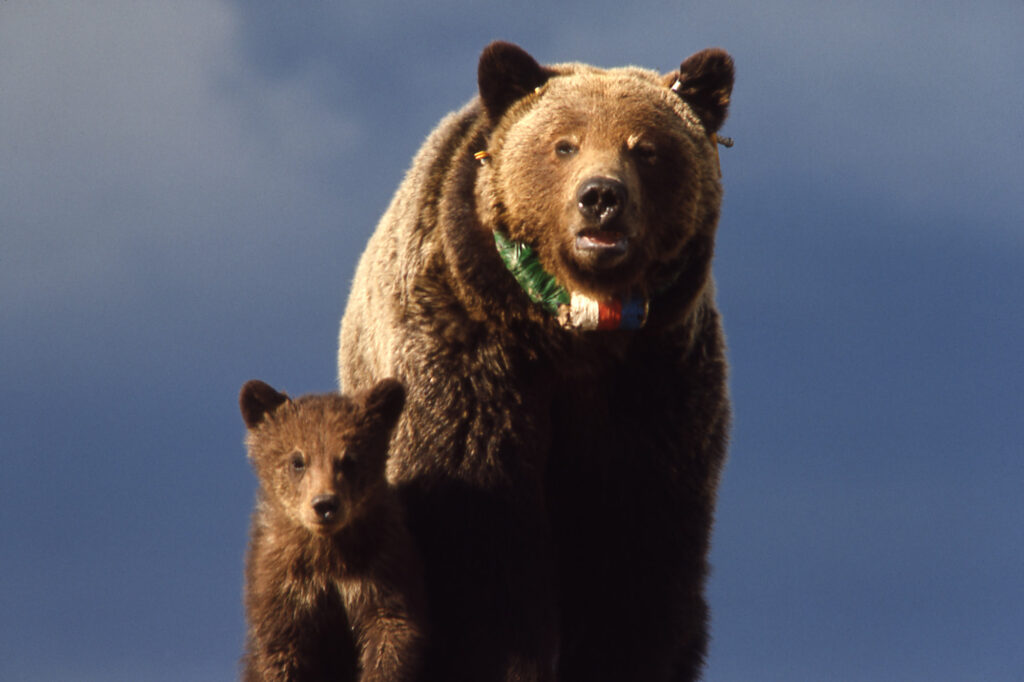The recovery of the Yellowstone grizzly should be cause for celebration. In 1975, when the bear was listed as threatened under the Endangered Species Act, there were only 136 grizzlies left in the Greater Yellowstone Ecosystem. Today, there are an estimated 700—a more than fivefold increase.
Yet rather than celebrating the species’ recovery, every effort to recognize the accomplishment has led to litigation. The litigious cycle continued last September, when a district court sided with dissenting groups to overturn the U.S. Fish and Wildlife Service’s decision to delist the grizzly.
Today, PERC and the Pacific Legal Foundation filed an amicus brief with the U.S. Court of Appeals for the Ninth Circuit arguing that the district court made multiple errors in its judgment, which pose a threat to grizzly conservation.
In the brief, PERC research fellow and PLF attorney Jonathan Wood notes that the failure to delist a recovered species threatens “not only the continued conservation of the Greater Yellowstone Ecosystem grizzly but also the recovery and conservation of other imperiled species.” He writes that the district court’s most concerning act was its speculation that delisting the grizzly “necessarily translate[s]” to reduced prospects of additional conservation efforts. “Such speculation is outside the courts’ proper role,” the brief reads, “but it is also wrong. Federal, state, and private conservation efforts led to the Yellowstone grizzly’s recovery, and will continue after delisting.”
As Wood explains:
Contrary to the district court’s assumptions, delisting this distinct population segment, and transferring primary management authority for the grizzly bear to states and tribes, is not the end of conservation efforts for this species. Each of the range states has adopted a grizzly bear management plan or strategy to provide for continued conservation efforts. …
These plans and strategies have benefitted from the input and expertise of state and federal wildlife managers, non-governmental organizations, and other stakeholders. … They build on decades of successful state-led management of hundreds of wildlife species, including large carnivores and omnivores such as mountain lions and black bears. … They include appropriate conservation measures, such as monitoring of habitat quality and population densities, facilitating grizzly access to private lands, and reducing human-grizzly conflicts, including by compensating landowners for losses due to grizzly predation. …
Beyond the fact that it’s a large predator that poses the potential for dangerous conflicts with people, a major challenge of grizzly conservation is that the species is fractured into distinct populations. Yet the best chance for Yellowstone grizzlies to connect to and ultimately interbreed with bear populations farther north is for them to establish migratory corridors, a feat that will require cooperation between states, tribes, private landowners, and other diverse actors.
As Wood points out, a seemingly perpetual stay on the endangered species list stands to undermine that sort of cooperation:
In fact, the Endangered Species Act’s primary incentive for recovery efforts is the prospect that recovery will lead to a return to state management and reduced regulatory burdens for landowners. … Unless delisting is a realistic prospect, the law’s restrictions can paradoxically discourage the protection and restoration of habitat. … Thus, it is essential that courts and federal agencies not place a heavy thumb on the scale against delisting a recovered species. Doing so would fail to recognize the significant efforts leading to the recovery of that species and may discourage states and landowners from undertaking recovery efforts for other species.
Contrary to the district court’s speculation, delisting the grizzly would not be the end of conservation efforts for the species—and failure to delist it could undermine incentives for future conservation efforts.
Read the entire amicus brief.



